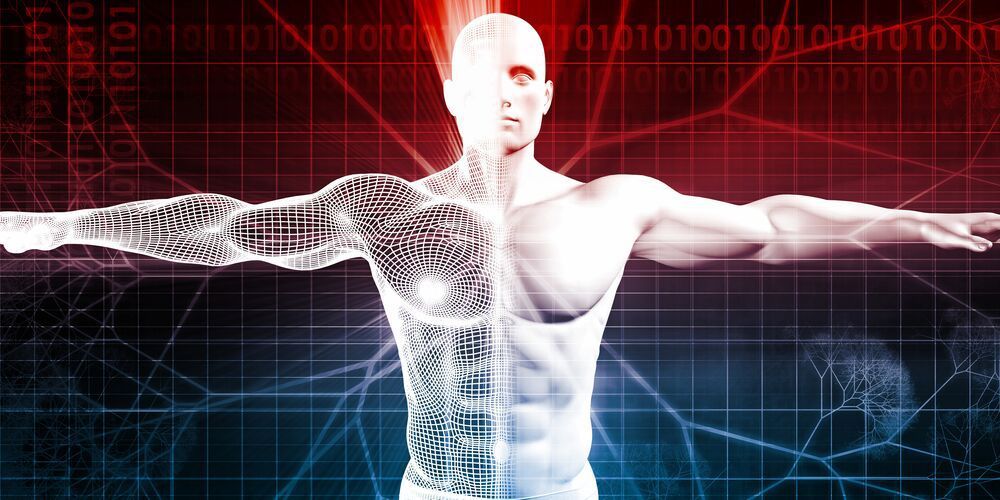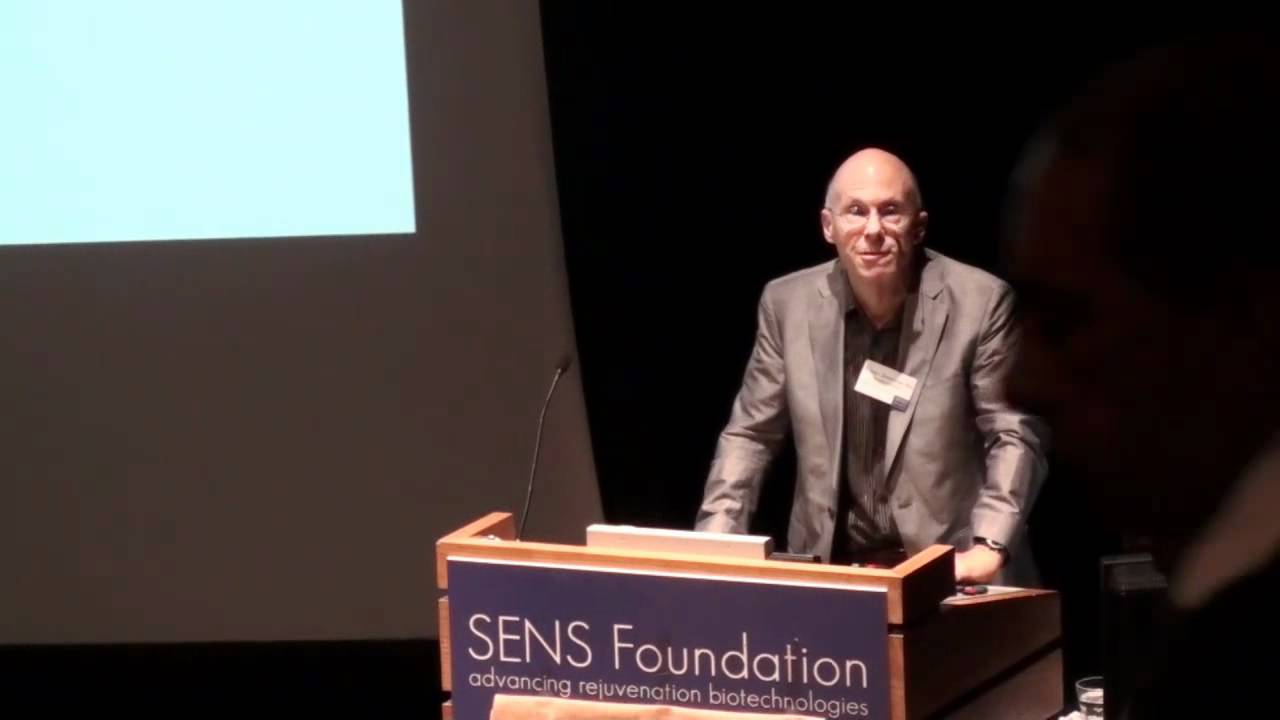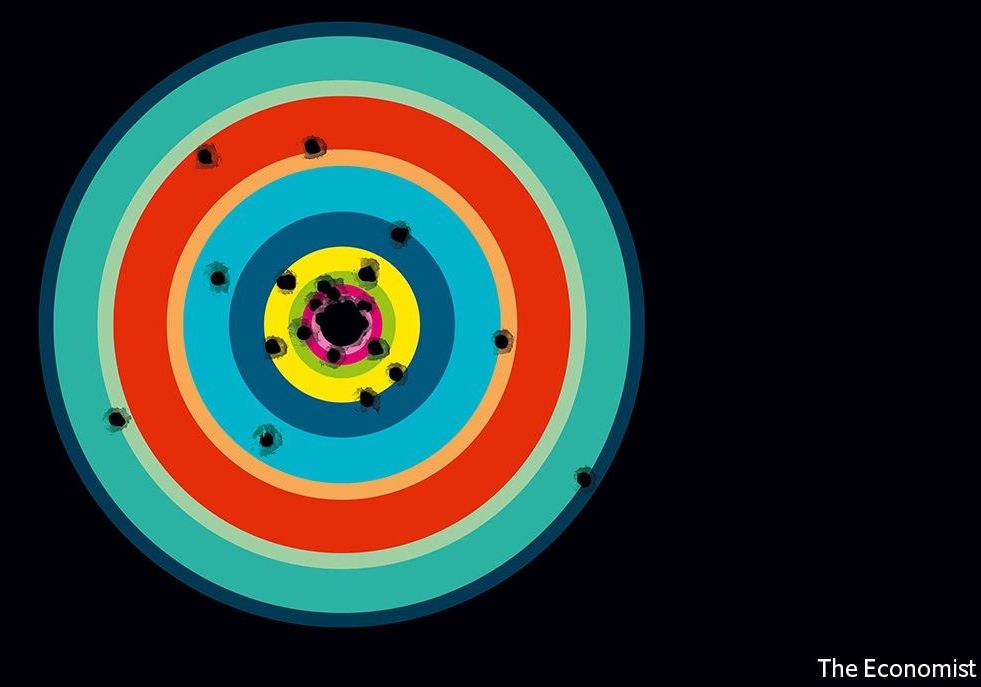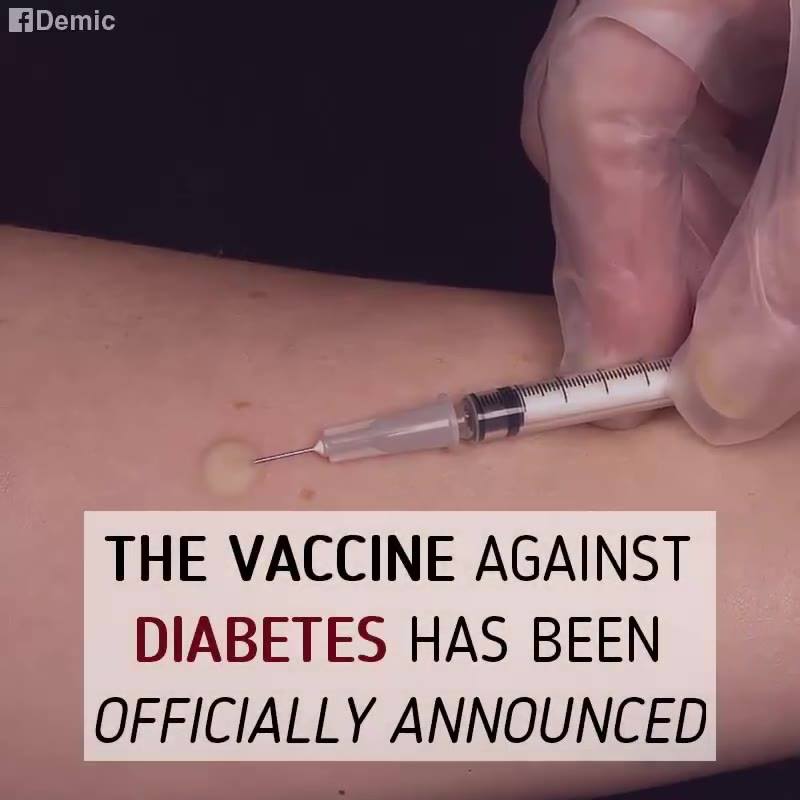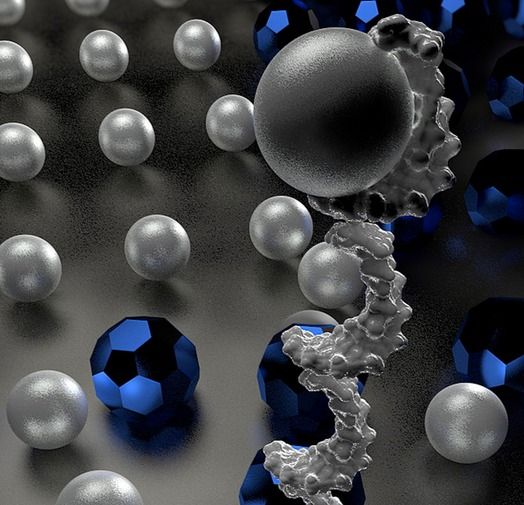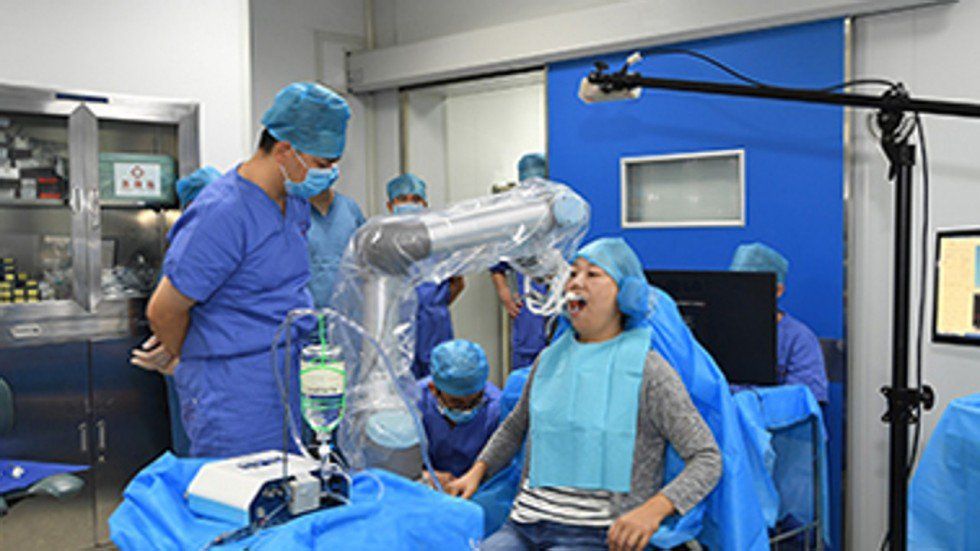Sep 26, 2017
Humanity will be lost
Posted by Zoltan Istvan in categories: biotech/medical, computing, geopolitics, internet, mobile phones, transhumanism
I did a new interview on #transhumanism for some journalism students at Germany’s Technical University of Dortmund. It’s in English:
Mechanical bodyparts are very common nowadays – a lot of humans have a hip replacement or a pacemaker. Technology helps saving our lives rather often. Some people want to take this a lot further – a philosophical and scientific movement called Transhumanism. Zoltan Istvan Gyurko is one of the most famous Transhumanists, he even ran for president in 2016. In this interview, he talks about his first experiences with Transhumanism, immortality and the future of humanity.
By Marie-Louise Timcke und Paul Klur
